Saturday, February 16
From my first trip of the year to the wildlife drive at Emeralda Marsh Conservation area, near Eustis, last Saturday.
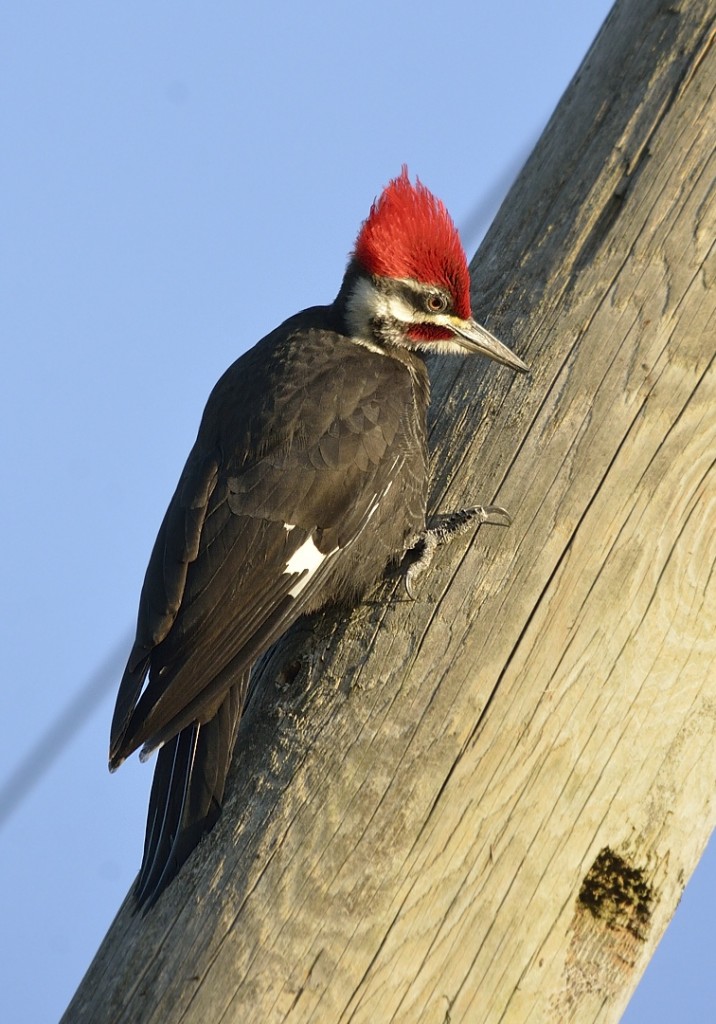
The male (red stripe extending back from the base of the bill; females lack this) of a pair of pileated woodpeckers that were courting and canoodling on the phone poles along Emeralda Island Rd.
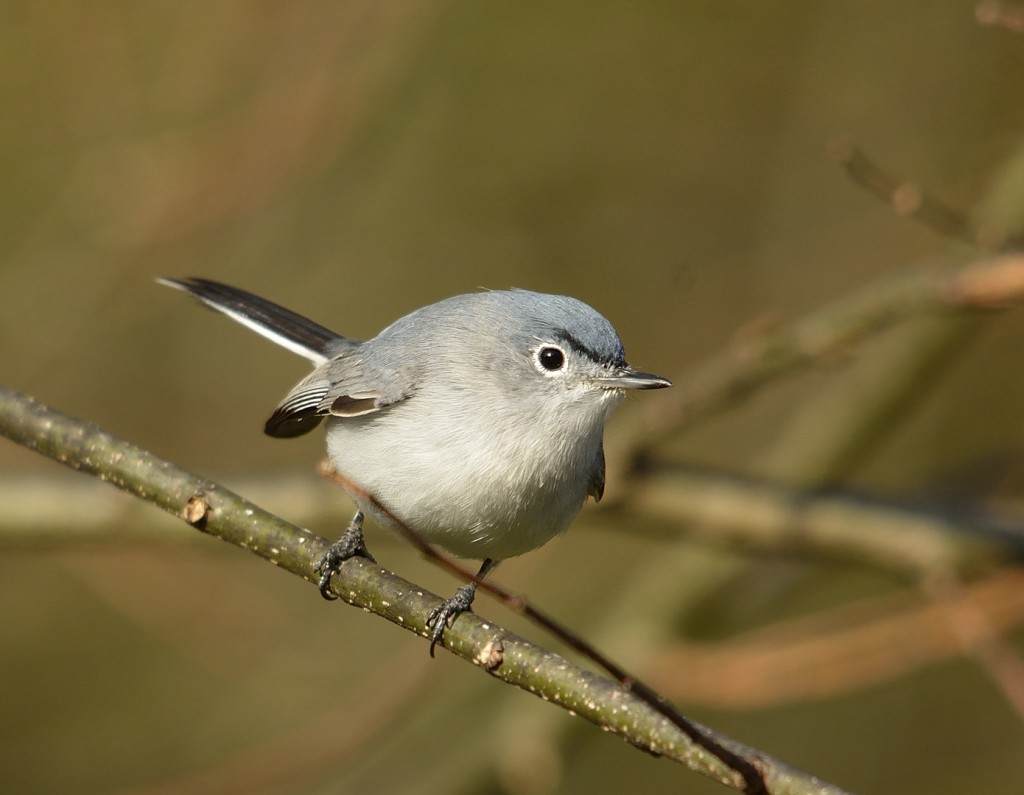
Mixed-species flocks of passerines were abundant and active in the hammocks along the wildlife drive and in the mixed habitat of the marshes and successional wetlands. Lots of blue-gray gnatcatchers.
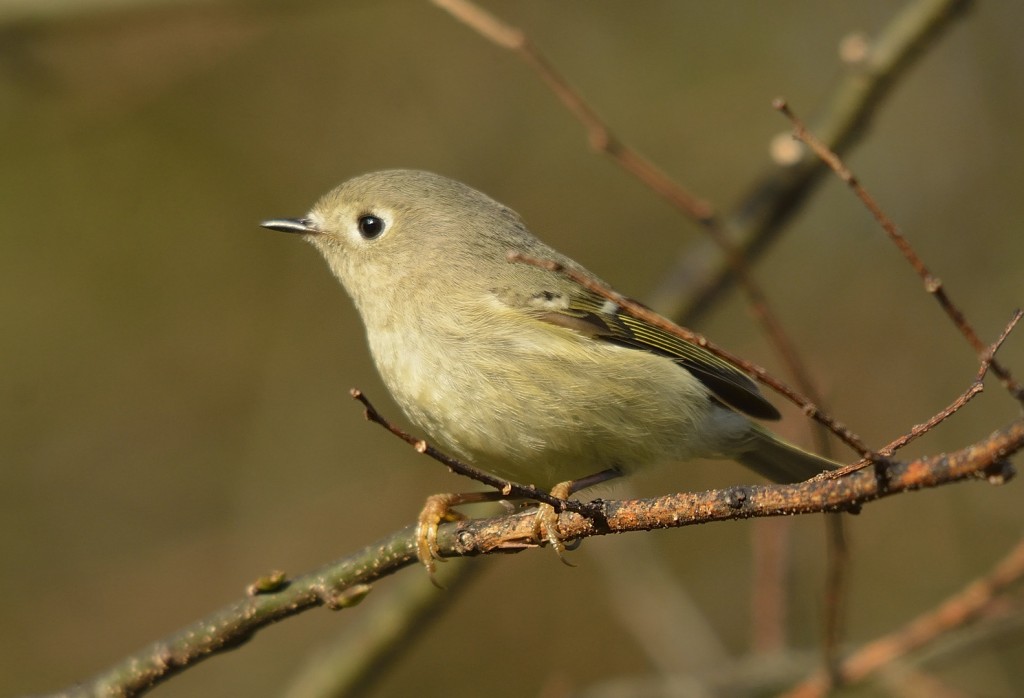
Ruby-crowned kinglets were nearly as abundant as the gnatcathers. I saw the ruby crown a couple of times, briefly.
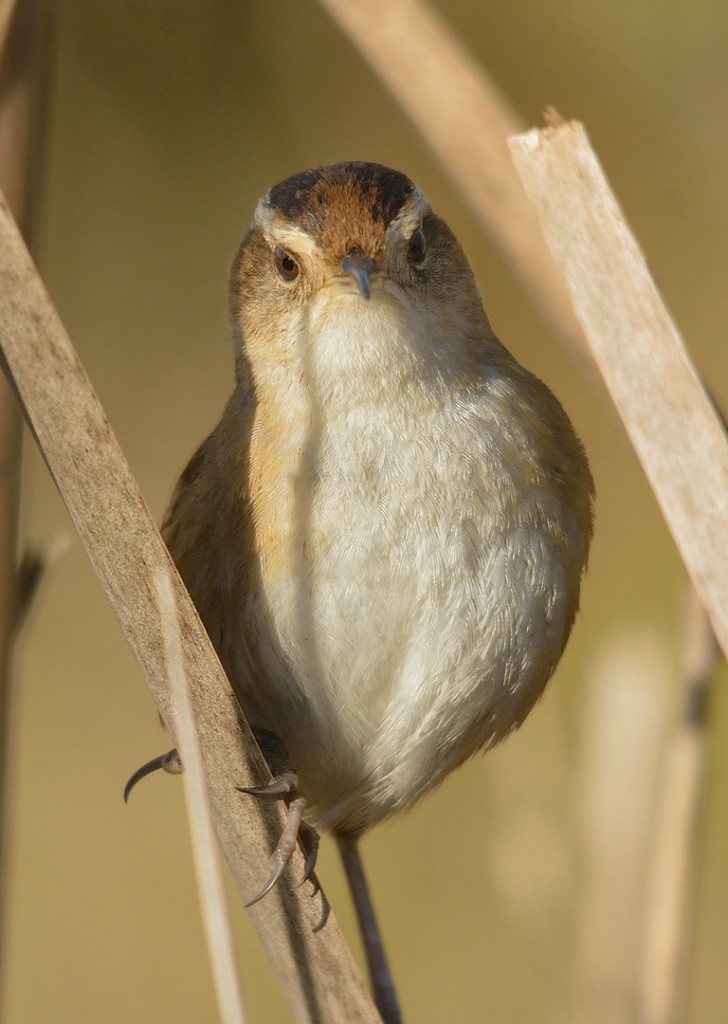
This marsh wren was working a clump of dead cattails right by the road on the T-J section of the wildlife drive. Though he came within 10′ of me, he never came completely out in the open for a profile shot.
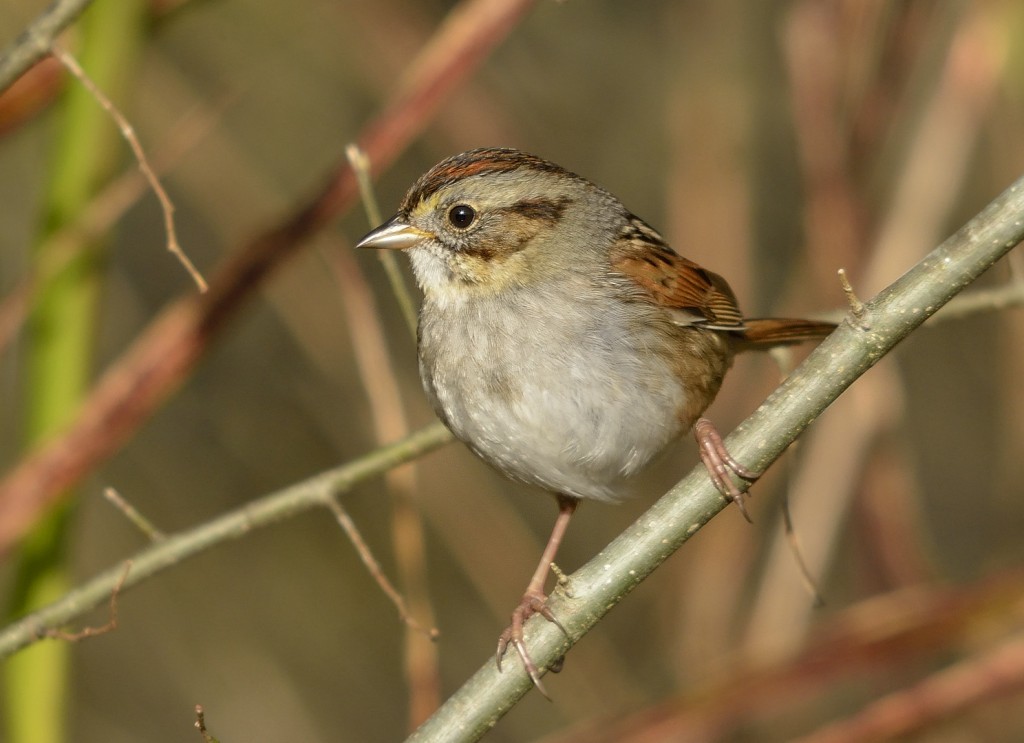
Swamp sparrows were abundant in the wet fields and marshes. I saw only one savannah sparrow all day though. Strange.
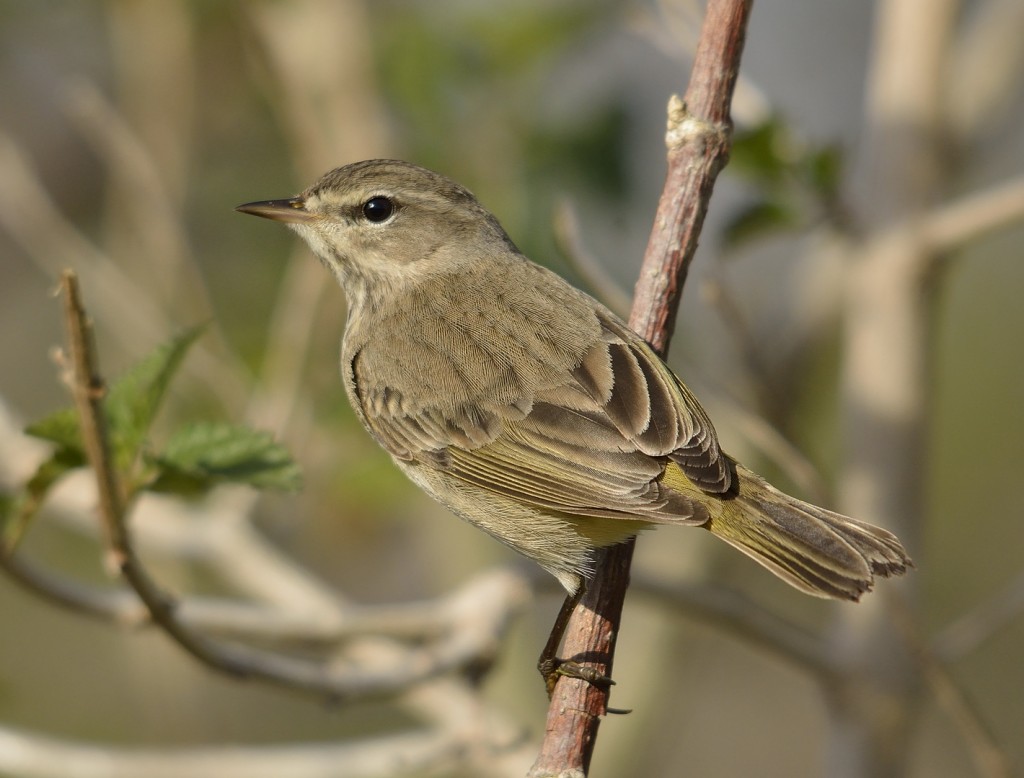
Palms were the most abundant warblers. Others included yellow-rumps, common yellowthroats, and an orange-crowned warbler. This is a very dull western palm warbler.
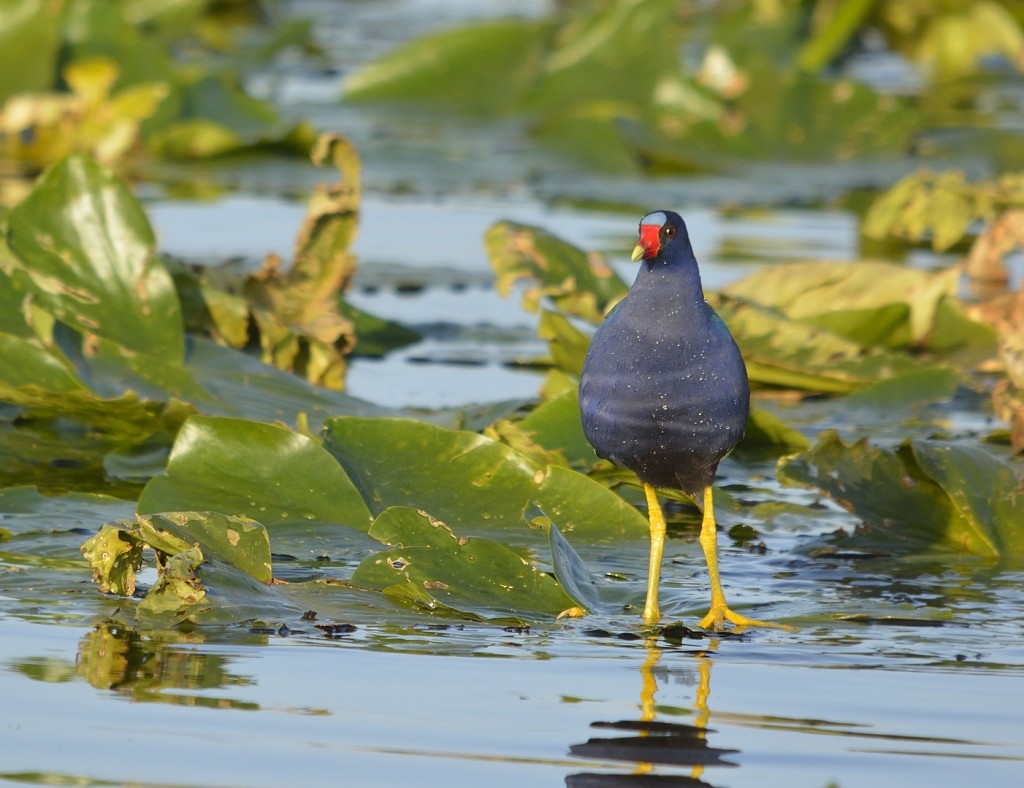
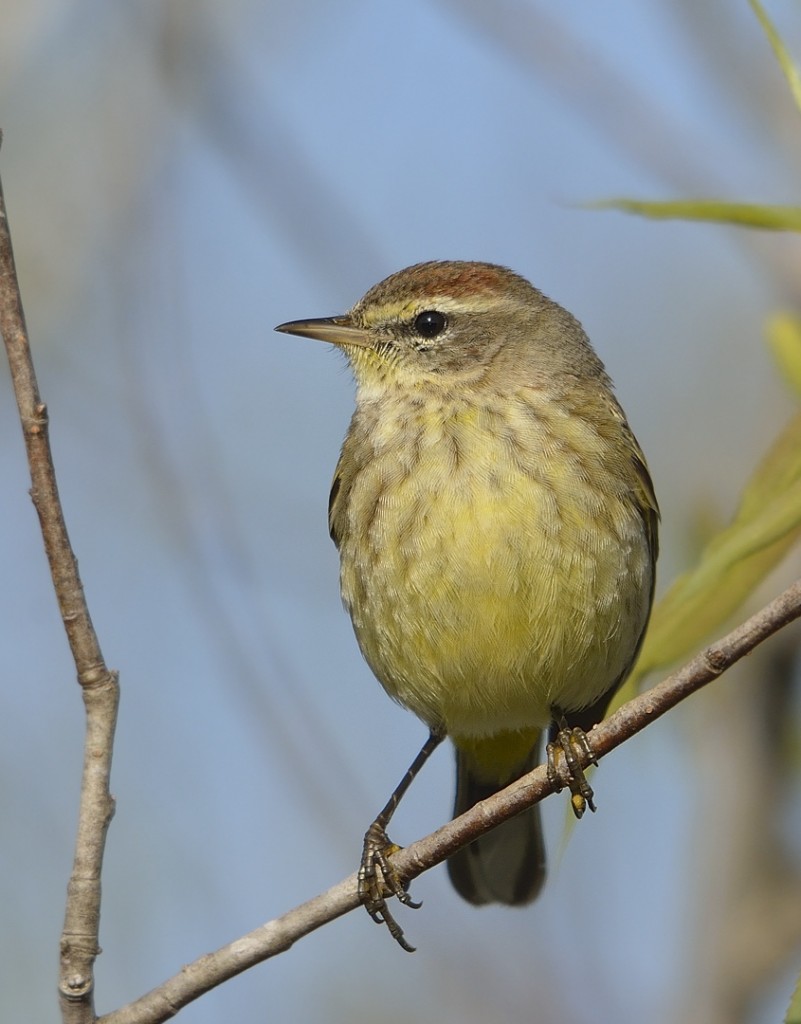
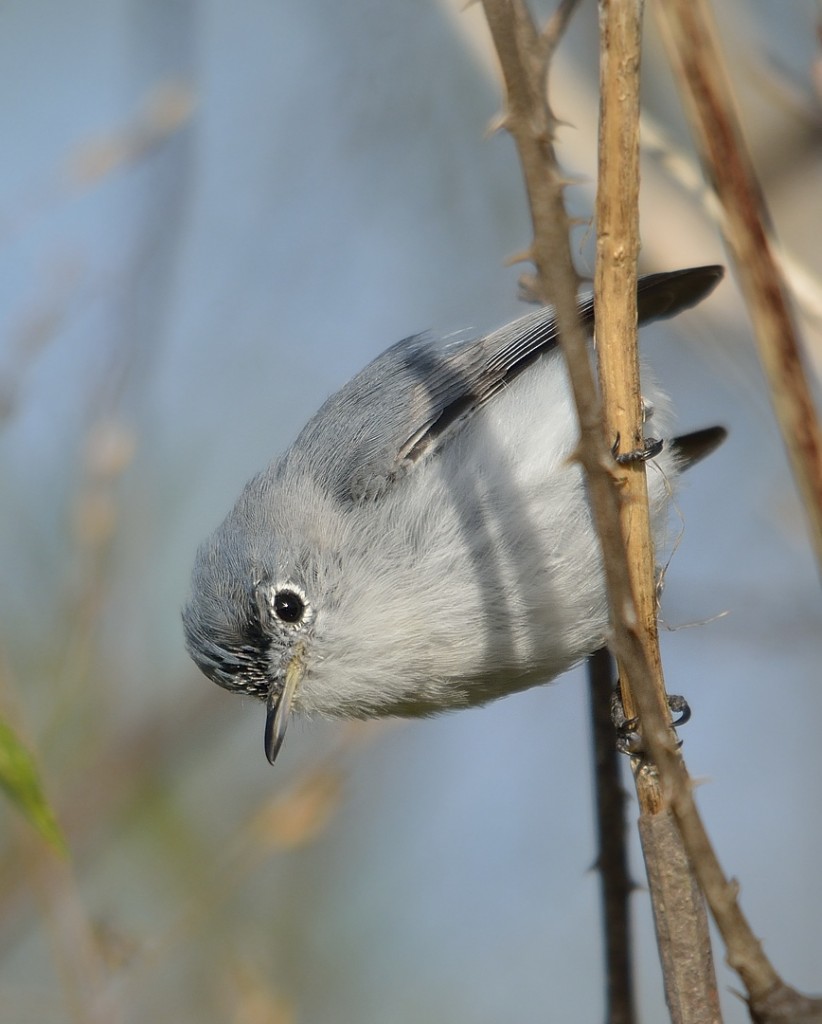
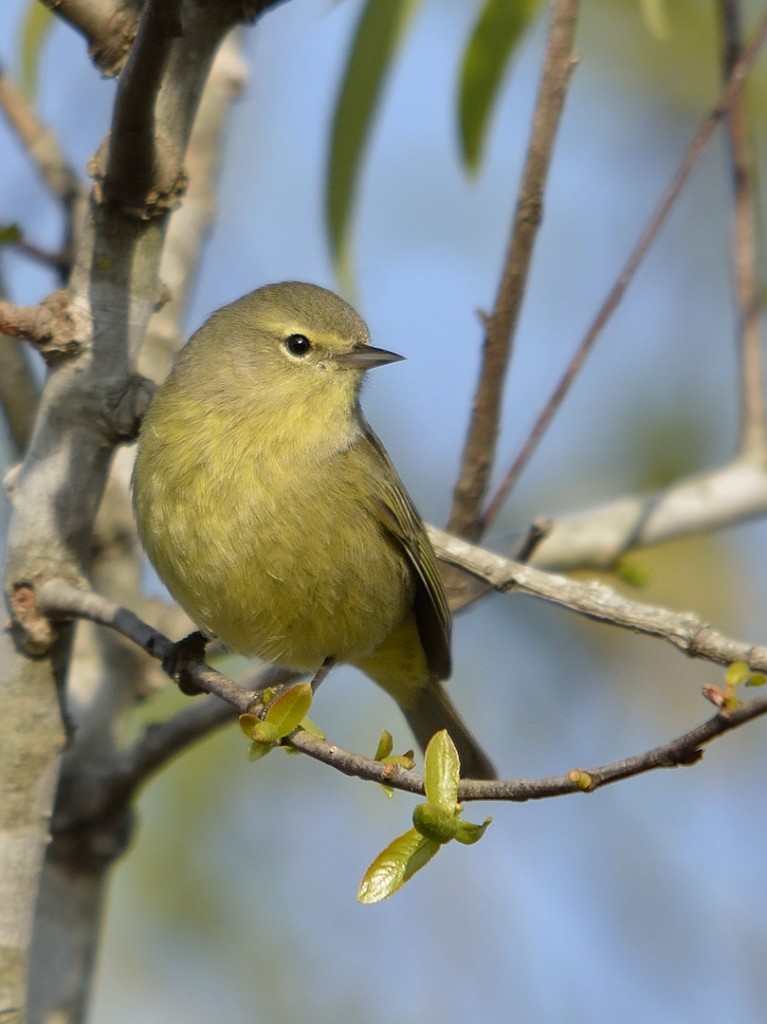
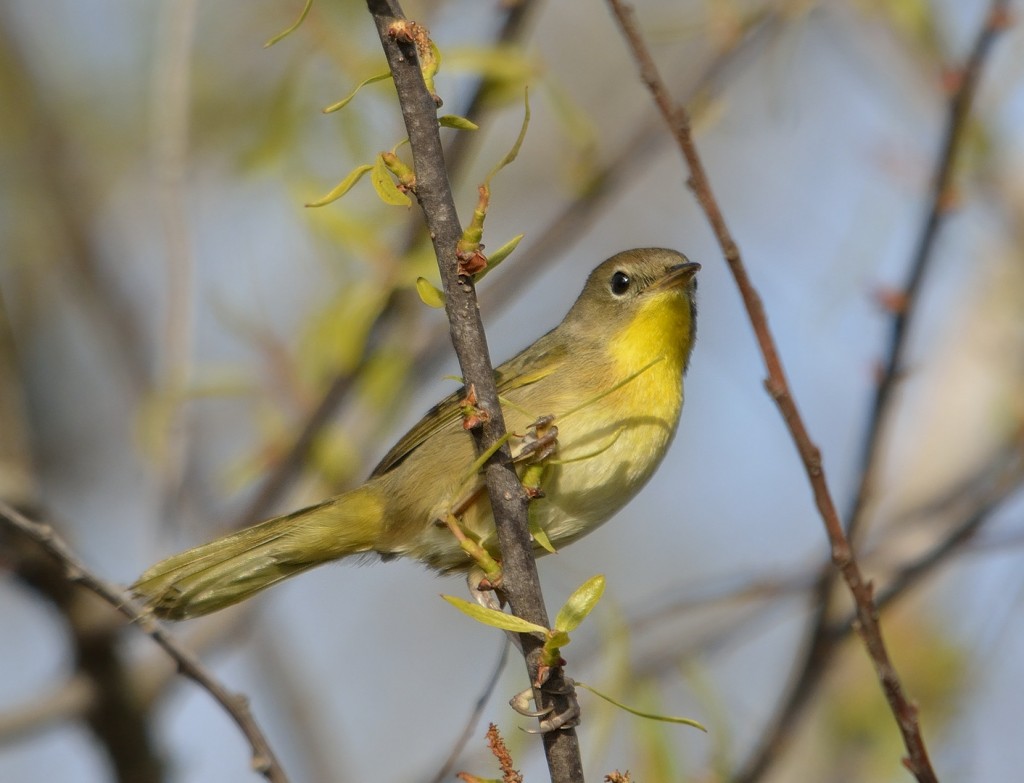
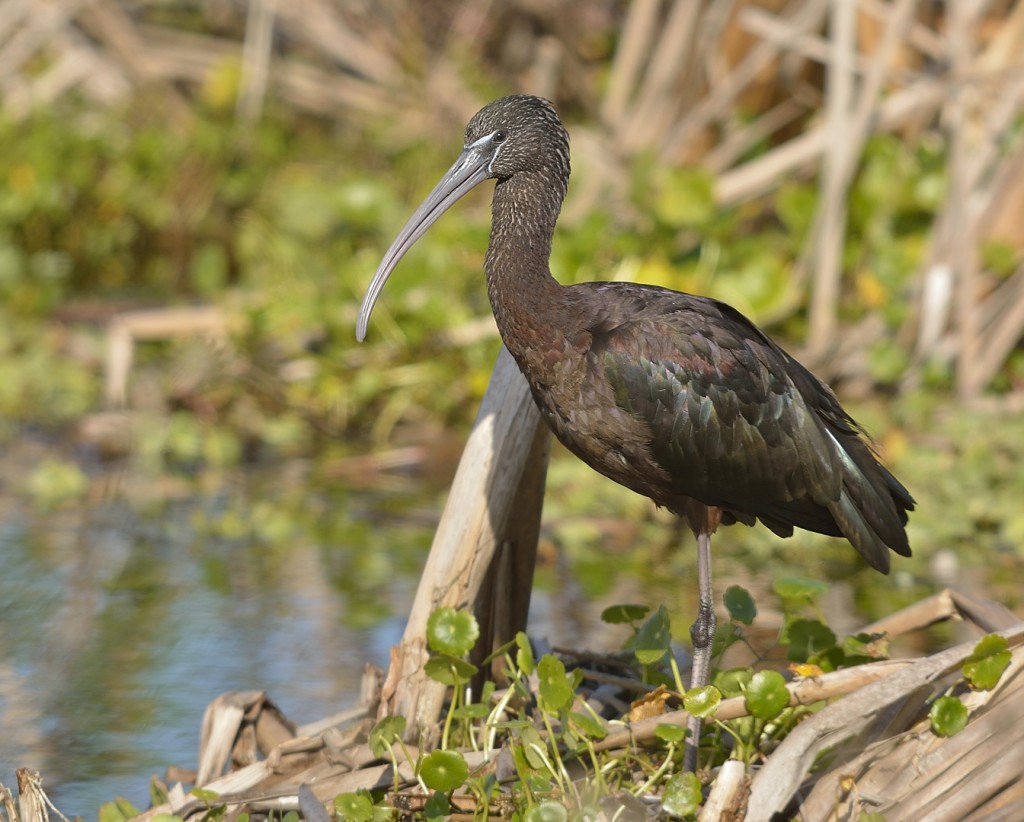
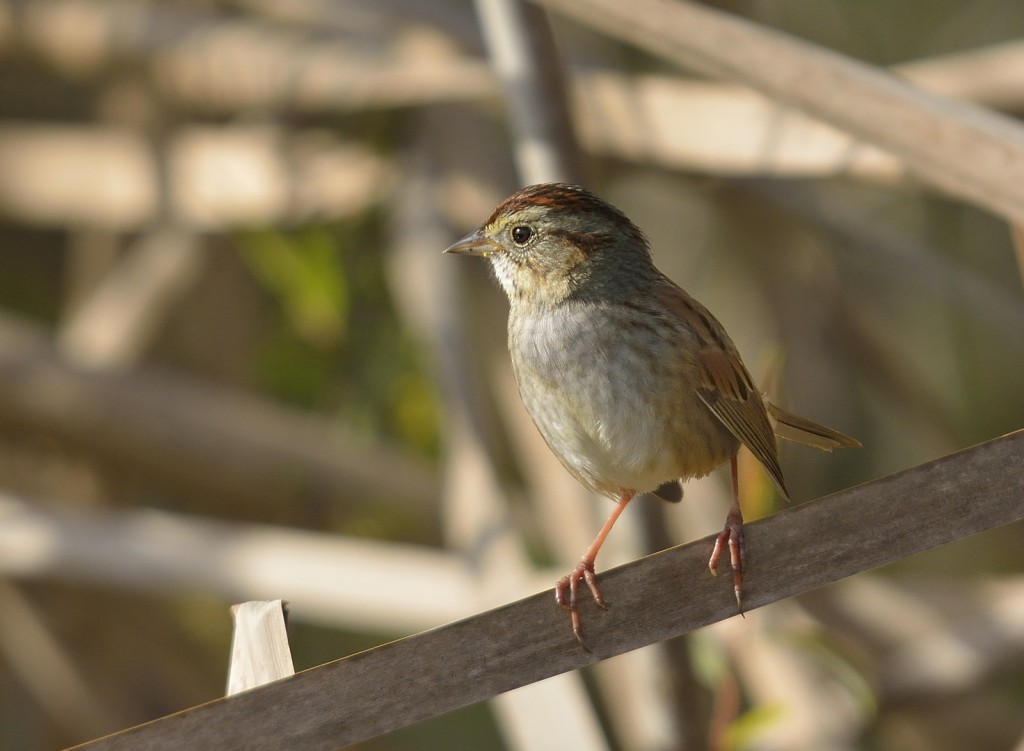
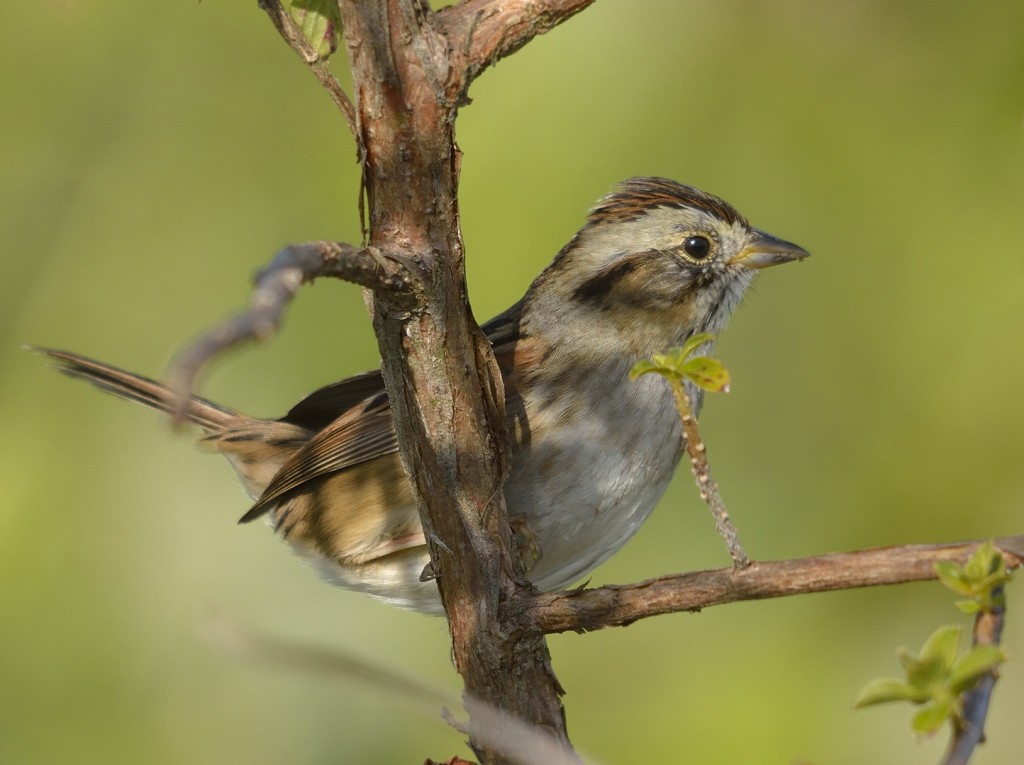
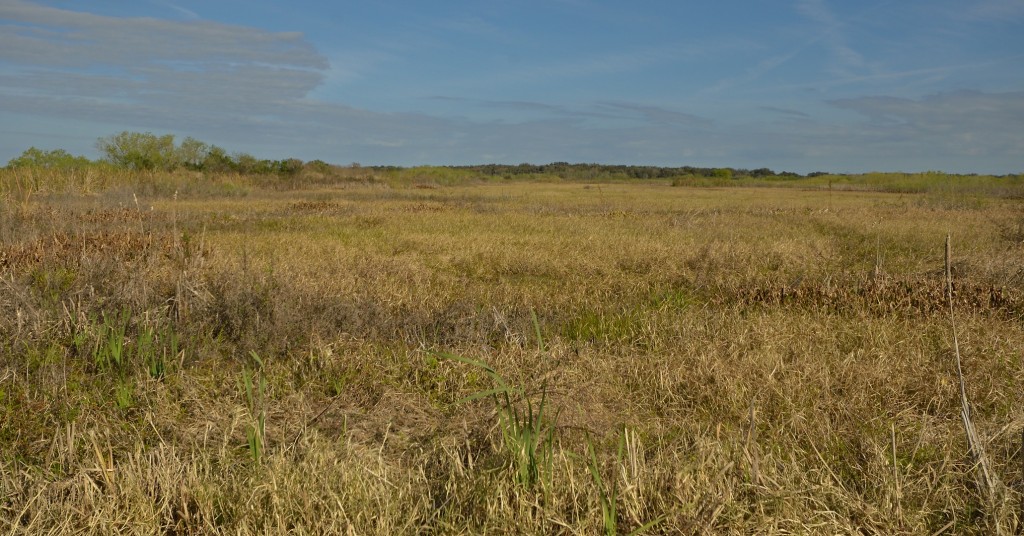
Gorgeous pictures!
Looks like a very rewarding day of observations for you, Dr. Pete. I would have certainly overlooked, and misidentified the Orange-crowned Warbler. Now I know better.